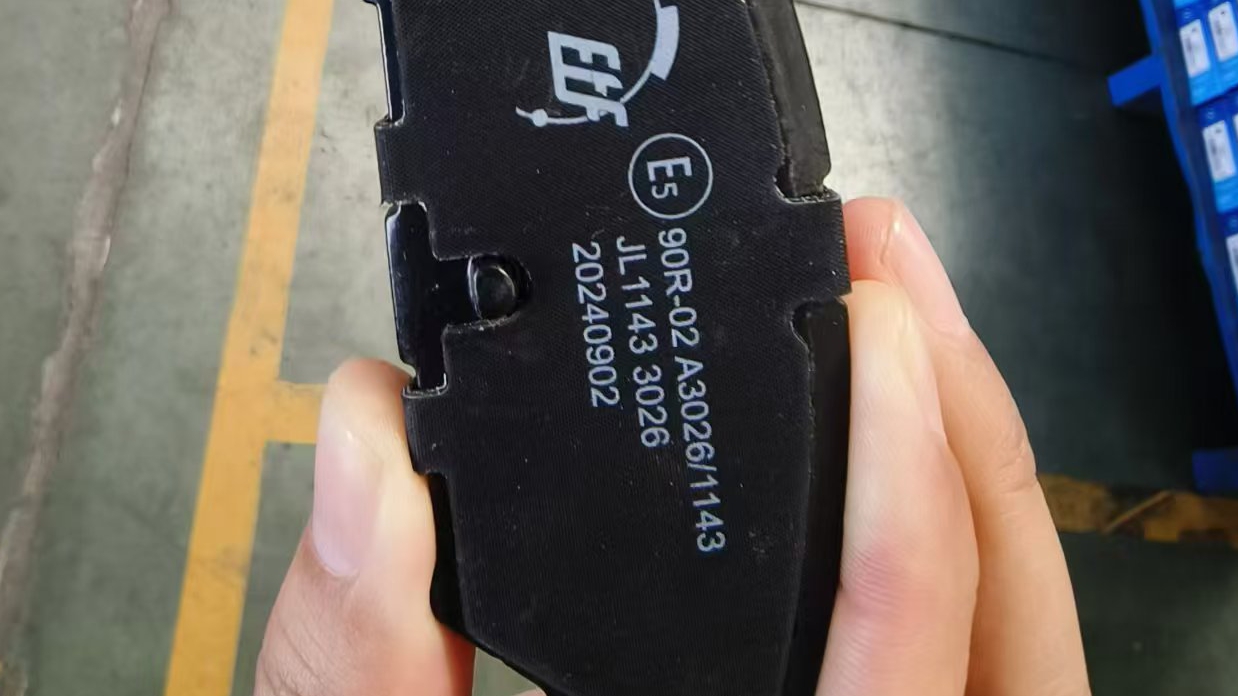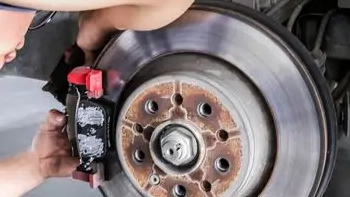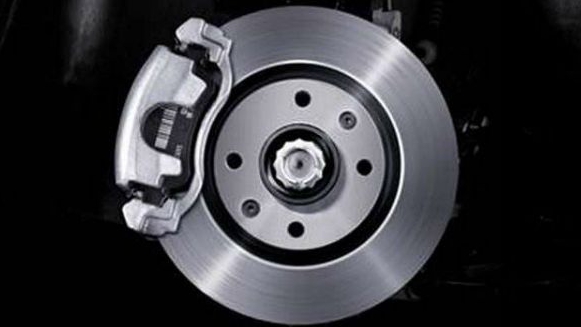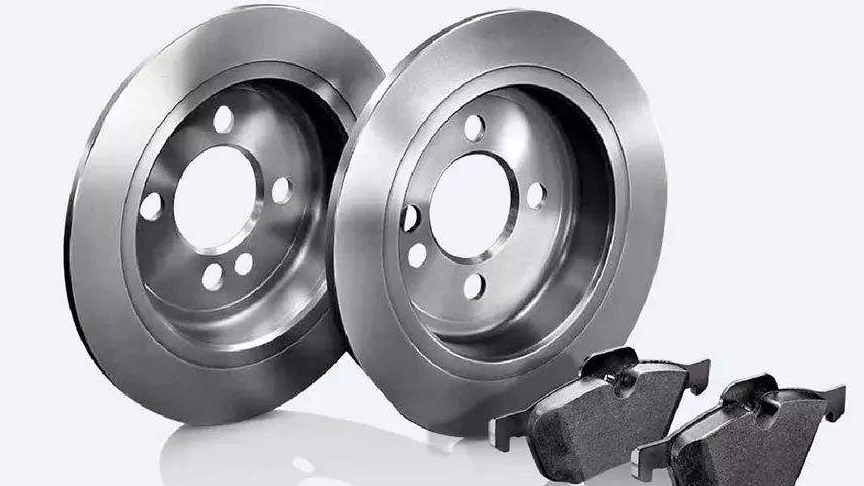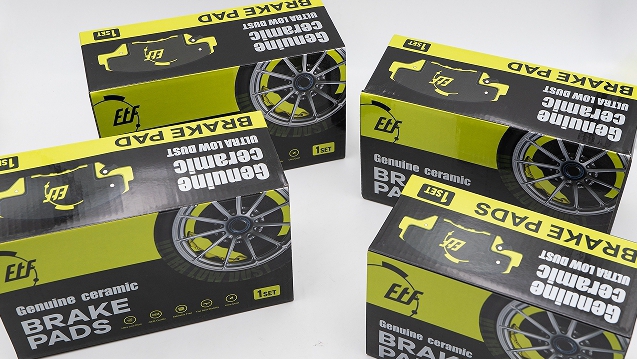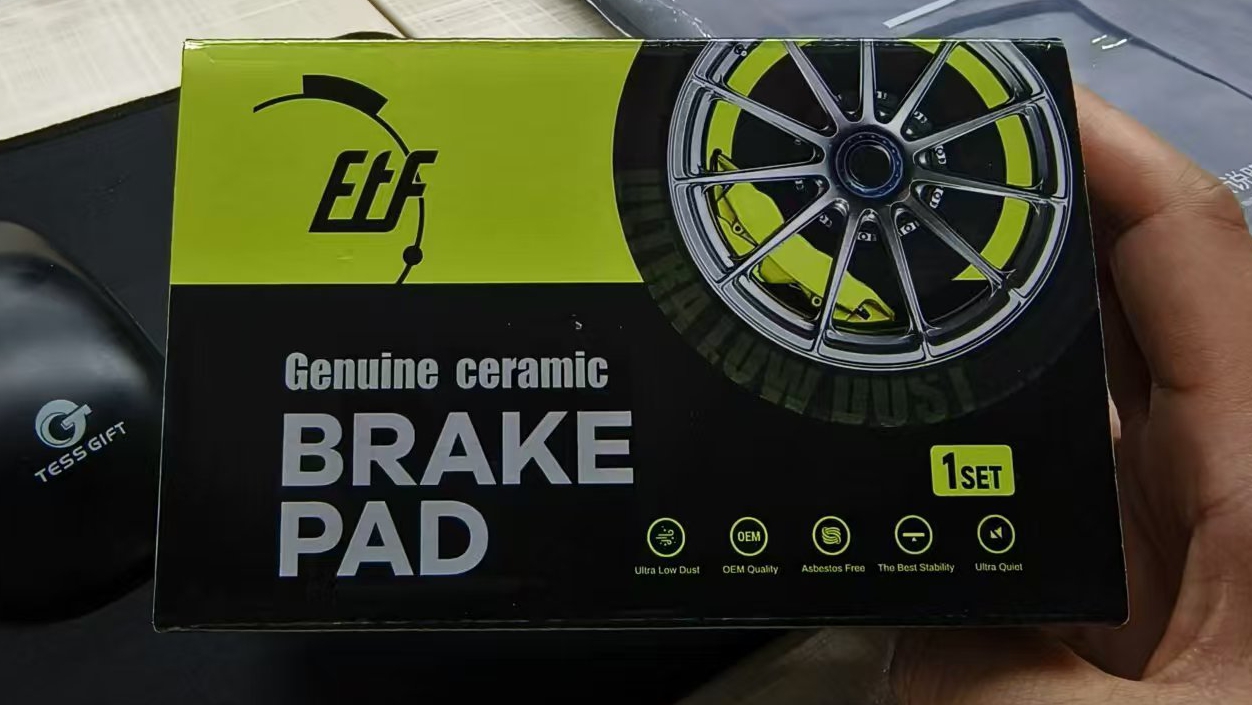Which is Better, Drum or Disc Brakes?
Brake Disc | Brake Drum
As a car owner, it's essential to have an in-depth understanding of how your vehicle operates. You shouldn't need to call your mechanic for every minor issue that arises. One crucial aspect to know is the difference between drum brakes and disc brakes. Are disc brakes the same as drum brakes? If they're different, what sets them apart? And which one is superior—disc brakes or drum brakes?
In this article, we'll break down the differences between these two common brake technologies. But why should you bother to gain this knowledge? This information will prove invaluable when you need to perform brake rotor service. You'll be well-positioned to determine the cost of brake and rotor replacement services.
Chapter 1: Which is Better, Drum Brake or Disc Brake?
To begin, let's compare these two brake technologies on a scale to decide which one is better between drum brakes and disc brakes. Are brake discs more efficient than brake drums? Generally, we can confidently state that brake discs are superior to brake drums. What makes discs better than drums?
One reason is their superior friction and heat management. The braking power of disc brakes is unaffected by heat or friction. You'll need to apply very little force to the brake pedal. During wet conditions, water will wash away from the disc pads instead of reducing friction. This means the brakes' performance will remain consistent.
On the other hand, the performance of brake drums tends to deteriorate with increasing temperature. You'll need to apply more force to the brake pedal to achieve the desired braking power. With disc brakes, your car will respond immediately once you step on the pedal, providing instant results. For drum brakes, you're likely to experience a delay, which explains why they're rarely used in competitive car races.
Another reason disc brakes are better is their longer lifespan. Disc brakes are more likely to last longer than drum brakes. They don't warp as easily. Drilled brake discs and vented brake discs offer a powerful mechanism for heat and friction management, allowing excess heat to escape through the holes.
Chapter 2: What is a Disc Brake?
Brake Disc
A disc brake is a type of brake that features calipers whose primary role is to squeeze a pair of brake pads against a rotor. As the brake pads clamp down on the rotor, friction force is generated. This force slows the rotation of the axle to which the wheel is attached. Here's a video that explains how a disc brake works.
Over time, the brake pads of disc brakes will wear down. Whether it's a ceramic disc brake pad or a semi-metallic brake pad, they won't last forever. You'll need to replace disc brake pads after a specific period.
Are disc brakes found on all wheels? Most cars have front disc brakes, while rear wheels typically have drum brakes. However, high-performance vehicles often feature rear disc brake components. In addition to replacing disc brake pads, another maintenance practice is disc brake skimming. This service involves removing the topmost surface layer of the brake pad, which often becomes warped, giving the brake pads a "face lift." It's a more cost-effective alternative to replacing the entire brake disc.
If you want to upgrade your rear brakes from drum brakes to a disc brake system, you'll need to undergo a brake disc conversion process. In most cases, ceramic brake pads are preferred during a disc brake conversion.

Chapter 3: What is the Difference Between a Brake Rotor and Brake Disc?
Brake Disc
Is a disc brake rotor the same as a brake disc? While the two terms may seem interchangeable, there is a subtle difference. A disc brake system comprises a brake rotor, a disc brake caliper, and a host of other components. On the other hand, a disc brake rotor refers to the large, flat, circular metal disc that stops the wheel from moving. This means a brake rotor is a component within a disc brake system. You'll need to replace both the brake pads and rotor after a set period. However, the cost of replacing a brake rotor may be slightly higher than that of replacing brake pads.
Chapter 4: Are Drum Brakes Cheaper than Disc Brakes?
What is the price difference between disc brakes and drum brakes? It's true that drum brakes are cheaper than disc brakes, and there are solid reasons for this price disparity. One reason is that disc brake pads tend to last longer than drum brakes. Another reason is that disc brakes deliver instant and powerful braking performance compared to drum brakes. In short, disc brakes are more efficient than drum brakes.
Conclusion
From this article, you can discern the differences between disc brakes and drum brakes. While both serve the same goal, they operate through different mechanisms. Can you buy both disc brakes and drum brakes? Yes, but drum brakes are typically relegated to the rear wheels. If you're planning to purchase disc brakes or drum brakes, rely on reputable brake kit manufacturers and suppliers.
